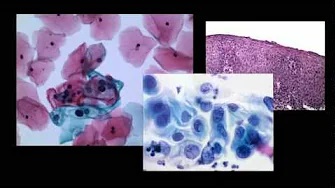Laboratory Evaluation of Antithrombin, Protein C, and Protein S
Document Type
Article
Publication Date
9-1-2023
Abstract
Thrombophilia is a complex disease process, clinically manifesting in various forms of venous thromboembolism. Although both genetic and acquired (or environmental) risks factors have been reported, the presence of a genetic defect (antithrombin [AT], protein C [PC], protein S [PS]) is considered three of the major contributing factors of thrombophilia. The presence of each of these risk factors can be established by clinical laboratory analysis; however, the clinical provider and laboratory personnel must understand the testing limitations and shortcomings associated with the assays for these factors to be able to ensure an accurate diagnosis. This article will describe the major pre-analytical, analytical, and post-analytical issues associated with the various types of assays and discuss evidence-based algorithms for analyzing AT, PC, and PS in plasma.
Recommended Citation
Marlar RA. Laboratory Evaluation of Antithrombin, Protein C, and Protein S. Semin Thromb Hemost. 2023 Sep;49(6):641-650. doi: 10.1055/s-0043-1764468. Epub 2023 Mar 20. PMID: 36940716.

